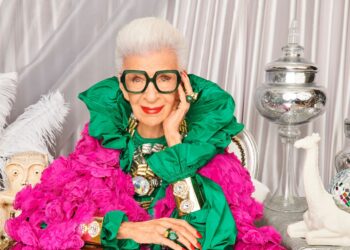 For Marcia Anderson, the promotion from brigadier general to major general validates the work of everyone who came before her.
For Marcia Anderson, the promotion from brigadier general to major general validates the work of everyone who came before her.
Anderson on Thursday became the first African-American woman given a second star as a general in the U.S. Army during a ceremony at Fort Knox. It’s a day, Anderson said, that black soldiers who fought during the Civil War or the Tuskegee Airmen could never have imagined.
“But, they still signed up and served,” said Anderson, who lives in Verona, Wis., when not on active duty.
Anderson, who will leave her post as deputy commanding general of the Human Resources Command at Fort Knox on Friday, received the promotion after a three-decade long military career. She is moving to the office of the chief of the U.S. Army Reserve in Washington, D.C.
Anderson’s father, Rudy Mahan of Beloit, Wis., served in the U.S. Army Air Force during World War II, but never got to fulfill his dream of flying bombers. He drove trucks instead. It’s something Anderson attributes to the narrow options available to blacks at the time.
“There were just limited opportunities,” Anderson said in an interview after her promotion.
Her military career started almost by accident. When she was a student at Creighton University in Omaha, Neb., Anderson signed up for ROTC after being told the “military science” course would fill her science requirement.
“I pretty quickly found out it was much more than a substitute for gym class,” Anderson said.
Ahe stayed with the military, fulfilling her eight year commitment before deciding to re-enlist in the reserves. Anderson, an East St. Louis, Ill., native, said she was a captain, working on training soldiers “just off the street,” when it occurred to her it was a job she enjoyed and wanted to keep doing.
“Before there is a war fighter, there is a trainer,” Anderson said. “I get really excited about training soldiers. I think it’s the best job in the Army.”
The military promoted Anderson periodically and, when she became a brigadier general, Anderson became the highest-ranking African-American woman in the Army. She arrived at Fort Knox about a year ago to work on combining the Army’s Human Resources Command under one roof from stations in Richmond, Va., St. Louis and Indianapolis.
Fort Knox Commander, Lt. Gen. Benjamin Freakley, told Anderson she is “a role model, not only to me and those that worked with you, but to countless soldiers.”
“I am very, very grateful,” Freakley said.
Maj. Gen. Gina Farrisee, who oversees the Human Resources Command, said Anderson was tenacious and diligent in making sure soldiers got the information they needed.
“To me, it is very hard to fathom Human Resources Command without you,” Farrisee said. “This is going to be very hard.”
Despite the plaudits, Anderson never lost sight of what her father and others went through to make her career possible.
“This is for people like him who had dreams deferred,” Anderson said.












